Natalie Portman paid tribute to the women who were snubbed at this year's 92nd Annual Academy Awards ceremony by wearing a cape embroidered with their names.
Female directors like Greta Gerwig (Little Women), Lorene Scafaria (Hustlers), and Lulu Wang (The Farewell) – all of whom earned critical praises for their contributions last year – were excluded from the all-male nominated Best Director category.
The reverential cape was draped over Portman's black and gold Dior dress and was quite the exhibition on the red carpet.
But actress Rose McGowan was unimpressed with Portman's protest.
The Charmed actress—who accused movie mogul Harvey Weinstein of rape after keeping silent because of a cash settlement—said Portman's protest was "deeply offensive" and accused her of "acting" the part of a woman who actually does care about feminism.
Ironically, the criticism McGowan frequently levels against others is something many said about her after her cash payout for silence regarding Weinstein was revealed.
McGowan, 46, singled out Portman as a fraud who does not stand by her words with action in a lengthy Facebook broadside.
"Some thoughts on Natalie Portman and her Oscar 'protest.' The kind of protest that gets rave reviews from the mainstream media for its bravery. Brave? No, not by a long shot."
"More like an actress acting the part of someone who cares. As so many of them do."
"I find Portman's type of activism deeply offensive to those of us who actually do the work. I'm not writing this out of bitterness, I am writing out of disgust."
"I just want her and other actresses to walk the walk."
"Natalie, you have worked with two female directors in your very long career- one of them was you. You have a production company that has hired exactly one female director- you."
McGowan identified the problem that she believes contributes to the suppression of other women in the industry.
"What is it with actresses of your ilk? You 'A-listers' (🤮) could change the world if you'd take a stand instead of being the problem. Yes, you, Natalie. You are the problem. Lip service is the problem. Fake support of other women is the problem."
McGowan published her memoir Brave in January 2018.
She spoke out about her childhood living with the controversial group Children of God and about her sexual assault by Harvey Weinstein.
She took the opportunity to plug her book in her attack on Portman.
"As I wrote in my book Brave, what goes on behind the screen, goes onscreen, goes into the world. And it's a pervasive sickness that needs its own medicine."
"What you do affects the world, Natalie. As does what you do not do."
She accused Portman of merely acting a part and asked who the real woman is.
"I am singling you out because you are the latest in a long line of actresses who are acting the part of a woman who cares about other women. Actresses who supposedly stand for women, but in reality do not do much at all."
"Of course women in the world will keep buying the perfumes you promote, the movies you make, and think they're buying into who you are. But who are you?"
McGowan recalled attending the Women in Film event where Portman once spoke and said that she "reeled off depressing statistics and then we all went back to our salads."
"I quickly realized you and the other women speakers (and that joke of an organization) are just... frauds. You say nothing, you do nothing."
And while Portman is by no means under any obligation to support a cause—especially that of women in Hollywood—she told her to "stop pretending you're some kind of champion for anything other than yourself."
"As for me, I'll be over here raising my voice and fighting for change without any compensation. That is activism."
"Until you and your fellow actresses get real, do us all a favor and hang up your embroidered activist cloak, it doesn't hang right."
But many others were quick to dismiss McGowan based on past actions.
Portman responded to McGowan in a statement and agreed she was not being "brave" by wearing the cape honoring the snubbed female artists at the Oscars.
In the statement obtained by Variety, Portman wrote:
"I agree with Ms. McGowan that it is inaccurate to call me 'brave' for wearing a garment with women's names on it."
"Brave is a term I more strongly associate with actions like those of the women who have been testifying against Harvey Weinstein the last few weeks, under incredible pressure."
"The past few years have seen a blossoming of directing opportunities for women due to the collective efforts of many people who have been calling out the system."
"The gift has been these incredible films. I hope that what was intended as a simple nod to them does not distract from their great achievements. It is true I've only made a few films with women."
"In my long career, I've only gotten the chance to work with female directors a few times – I've made shorts, commercials, music videos and features with Marya Cohen, Mira Nair, Rebecca Zlotowski, Anna Rose Holmer, Sofia Coppola, Shirin Neshat and myself."
"Unfortunately, the unmade films I have tried to make are a ghost history."
Portman cited the research of Stacy Smith of USC, who focused on the lack of films made by women.
"If these films do get made, women face enormous challenges during the making of them. I have had the experience a few times of helping get female directors hired on projects which they were then forced out of because of the conditions they faced at work."
She continued, saying that getting major studios to green light or finance projects helmed by women continue being challenged.
"After they are made, female-directed films face difficulty getting into festivals, getting distribution and getting accolades because of the gatekeepers at every level."
"So I want to say, I have tried, and I will keep trying. While I have not yet been successful, I am hopeful that we are stepping into a new day."
People had plenty to say on social media, with many standing by Portman's response to McGowan's trenchant post.
Many on social media pointed out that women should not tear each other down but should support one another as part of a marginalized demographic.



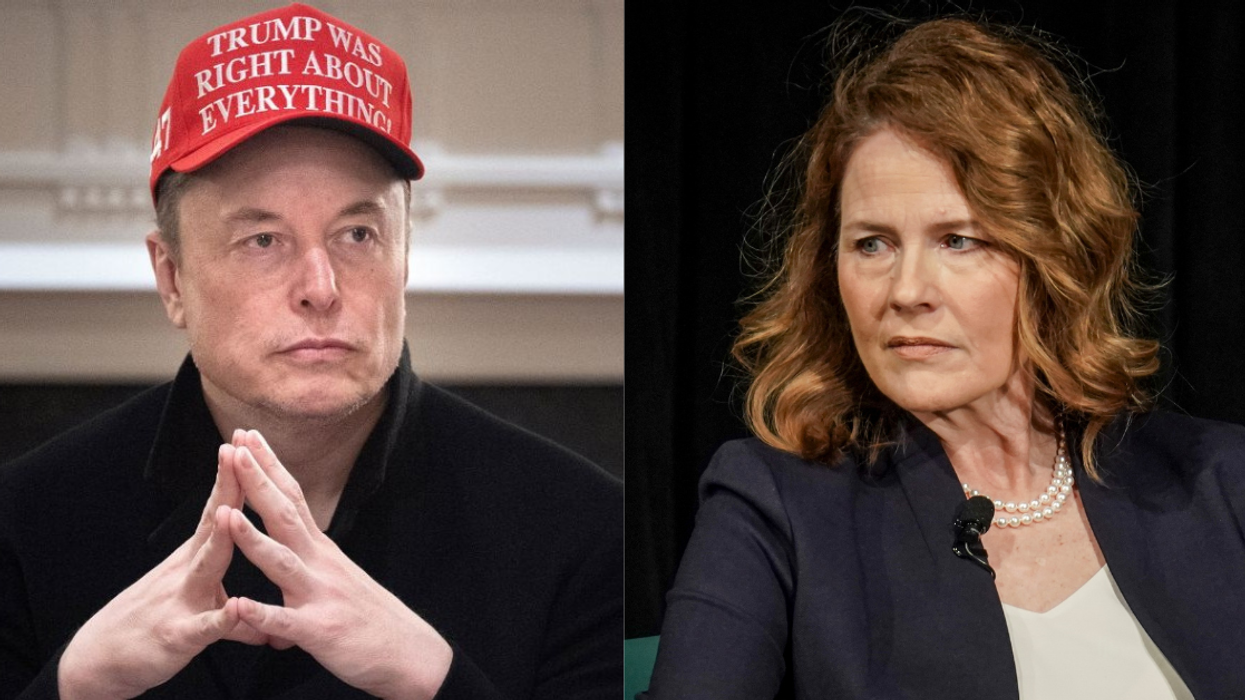

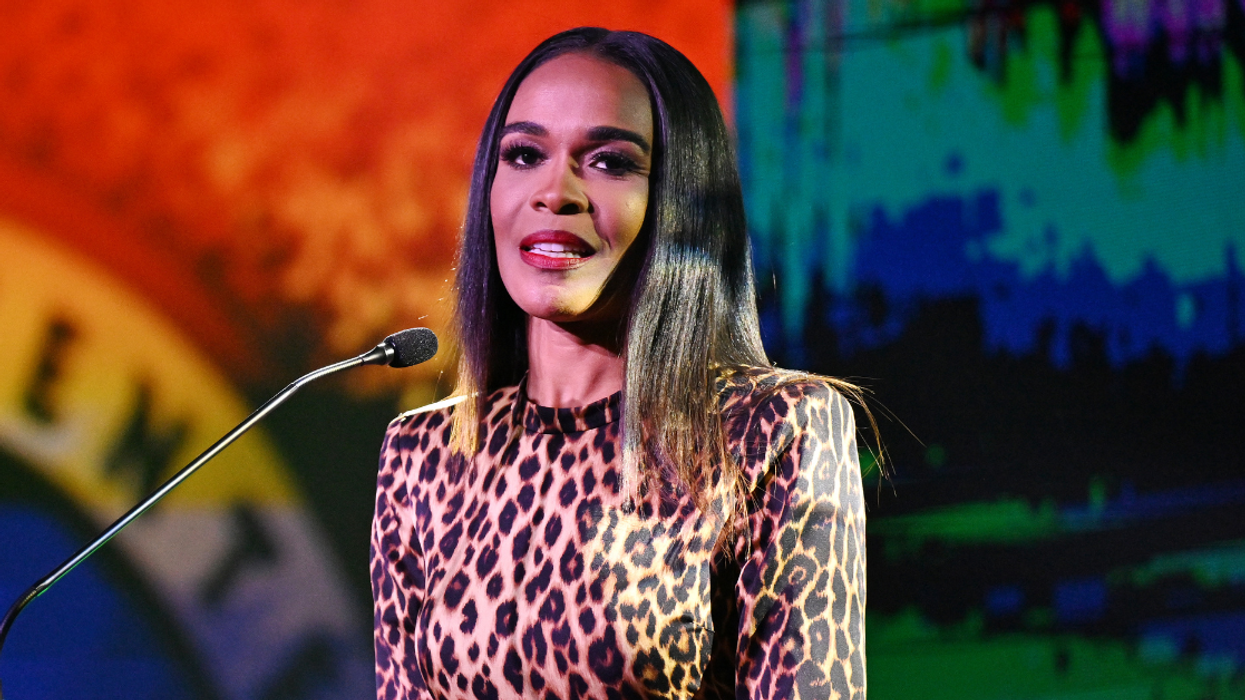

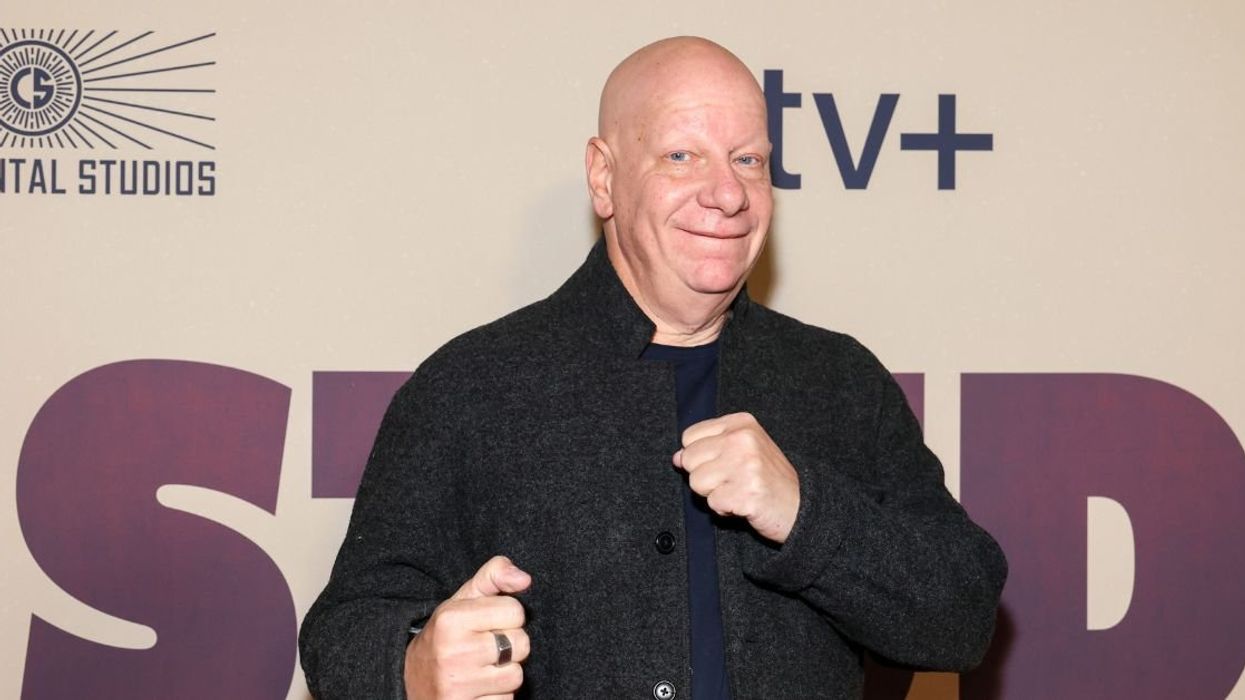
 @therealjeffreyross/Instagram
@therealjeffreyross/Instagram @therealjeffreyross/Instagram
@therealjeffreyross/Instagram @therealjeffreyross/Instagram
@therealjeffreyross/Instagram @therealjeffreyross/Instagram
@therealjeffreyross/Instagram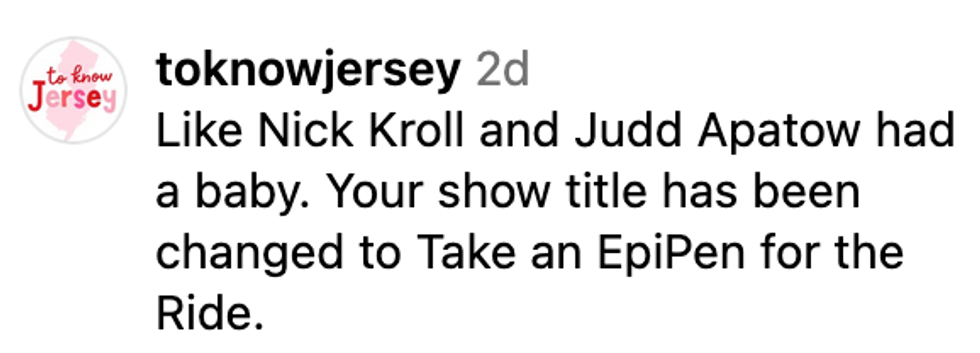 @therealjeffreyross/Instagram
@therealjeffreyross/Instagram @therealjeffreyross/Instagram
@therealjeffreyross/Instagram @therealjeffreyross/Instagram
@therealjeffreyross/Instagram @therealjeffreyross/Instagram
@therealjeffreyross/Instagram @therealjeffreyross/Instagram
@therealjeffreyross/Instagram @therealjeffreyross/Instagram
@therealjeffreyross/Instagram @therealjeffreyross/Instagram
@therealjeffreyross/Instagram




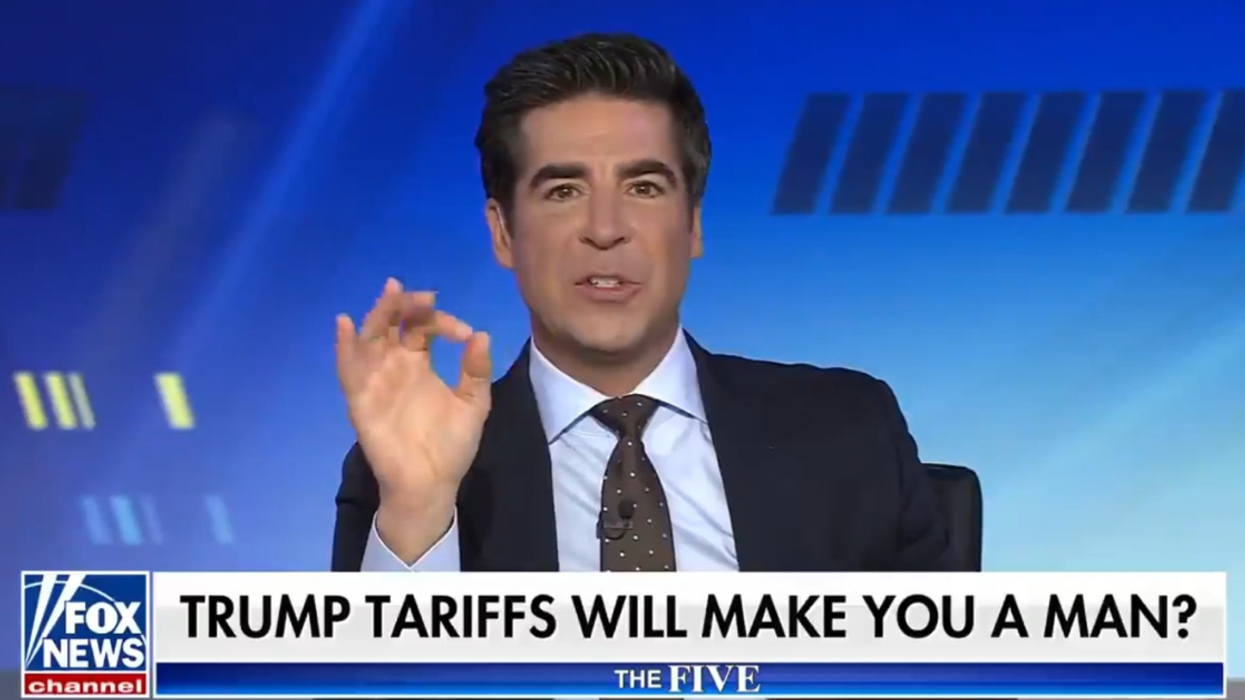



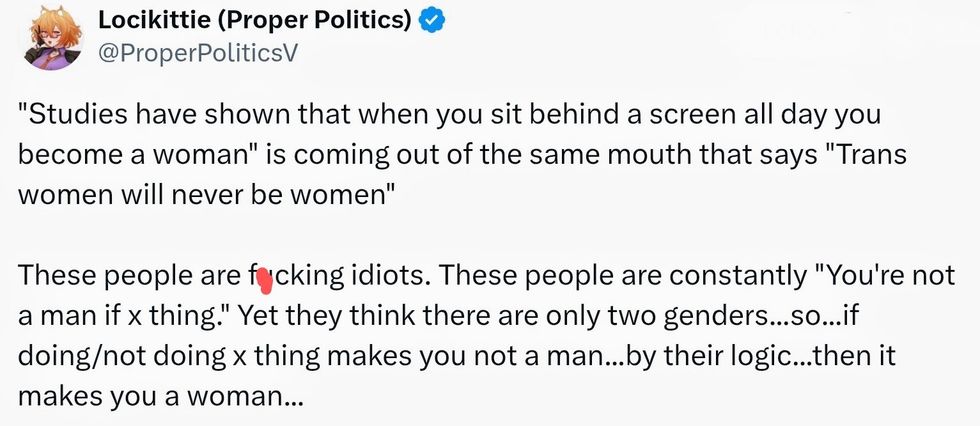
 @mikeredmond/Bluesky
@mikeredmond/Bluesky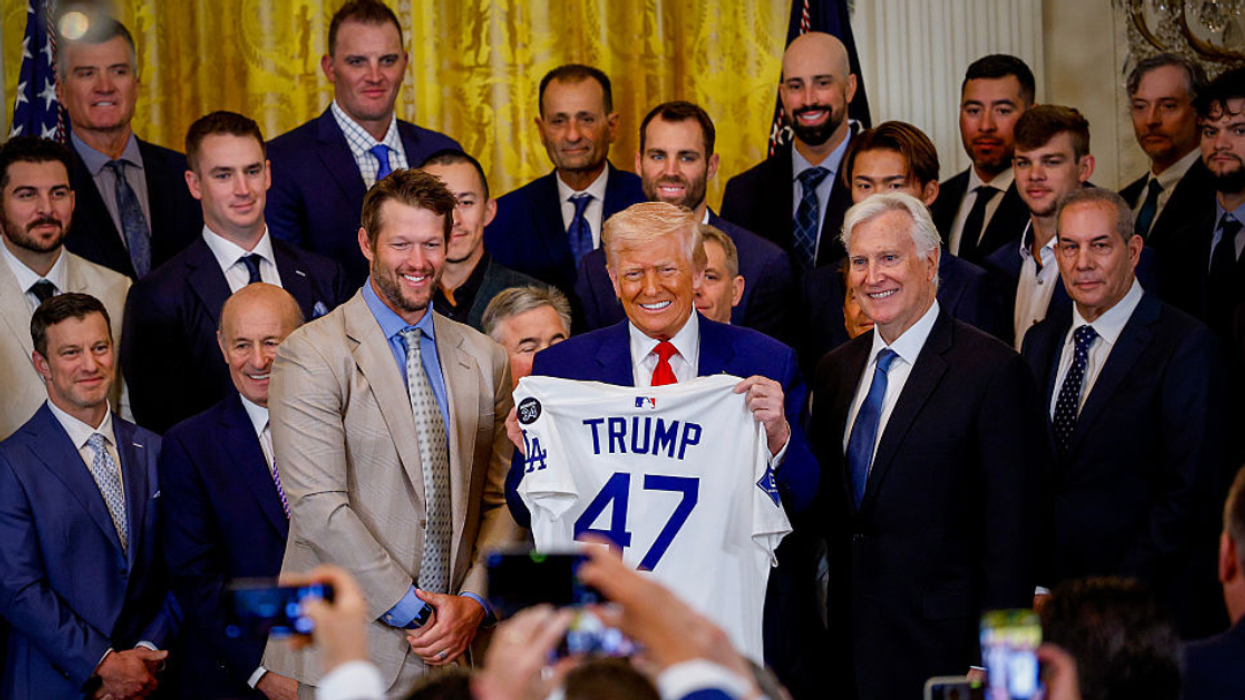

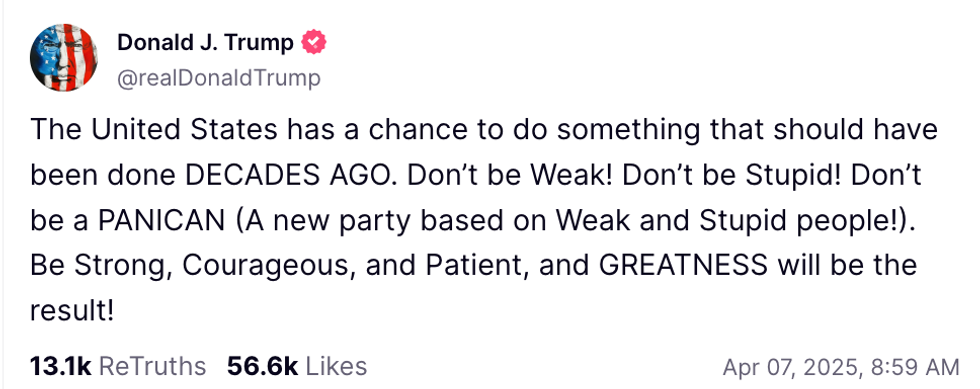 @realDonaldTrump/Truth Social
@realDonaldTrump/Truth Social